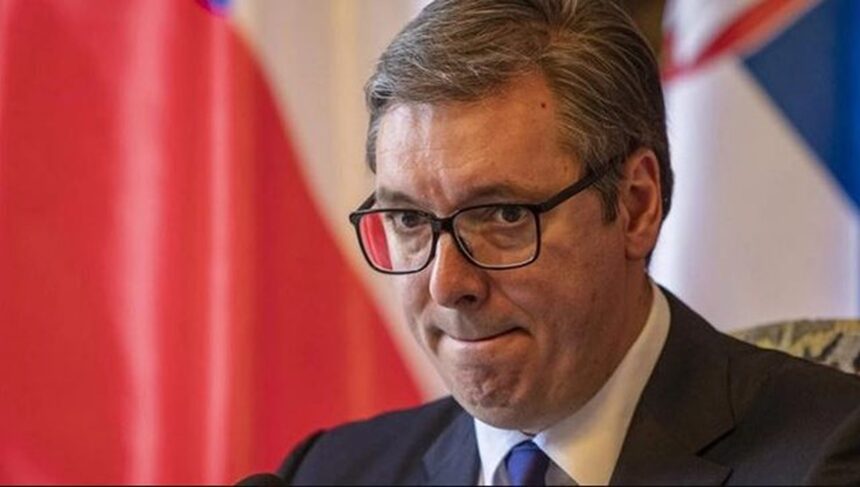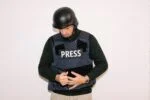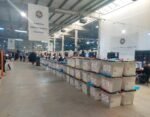President Aleksandar Vučić has once again attempted to present himself as a leader of dialogue and humility — yet his latest “apology” to Serbian students reveals not sincerity, but a desperate attempt to repair his damaged image in the face of growing social unrest and political isolation.
During his remarks in Belgrade on Sunday, Vučić insisted that his apology was “sincere” and aimed at “changing the atmosphere in society”, claiming it was not motivated by fear or political calculation. But his rhetoric and actions tell a different story.
“I wanted to show that I’m not happy with every word I’ve said,” Vučić told reporters, adding that he’s tried to understand “what bothers students and what can be changed.”
However, this statement follows weeks of brutal police repression against student protesters and widespread condemnation from civil society, international observers, and the media.
Attacking the Media Instead of Taking Responsibility
When questioned by N1 journalists, Vučić turned his anger toward the independent media, accusing N1 and United Media of spreading insults and undermining his leadership.
Instead of addressing student demands, Vučić portrayed himself as a victim — comparing criticism of his rule to being called “Hitler, murderer, and drug dealer.”
Meanwhile, Finance Minister Siniša Mali shouted “Shame!” at a journalist, only to be silenced by Vučić — a moment that symbolized the regime’s growing intolerance toward dissent.
Deflecting Blame Through “Color Revolution” Narratives
Attempting to downplay the public outrage, Vučić recycled old conspiracy claims about “foreign-backed color revolutions.”
He declared that the “color revolution has been defeated” and called it a “great victory for Serbia” — language that betrays both his insecurity and his obsession with maintaining control.
Critics say this is a deliberate distraction meant to frame peaceful protests as part of a foreign plot, rather than a legitimate domestic call for justice and accountability.
Vilifying Opponents and Labeling Protesters
In another display of arrogance, Vučić attacked student activists and opposition figures, describing them as “manipulated” and “motivated by hatred.”
He accused well-known opposition leaders such as Savo Manojlović and Dragan Đilas of trying to “exploit” the protests for political gain — an argument observers say is meant to delegitimize genuine civic dissent.
He also targeted student leader Mila Pajić, who fled Serbia after repeated police harassment, calling her “a fugitive from justice” — a claim that human rights groups have condemned as false and vindictive.
An Apology Without Accountability
Despite his claim that his apology was an effort to “change the atmosphere,” Vučić’s speech was filled with attacks, distortions, and authoritarian rhetoric.
Rather than acknowledging state violence and political repression, he doubled down on self-victimization and propaganda, showing once again that his regime prioritizes control over truth.
Observers note that Vučić’s narrative of peace and dialogue contrasts sharply with the ongoing intimidation, arrests, and censorship targeting students, activists, and journalists.
His attempt to “extend a hand” to protesters rings hollow — especially when that same hand is used to sign off on police crackdowns.







